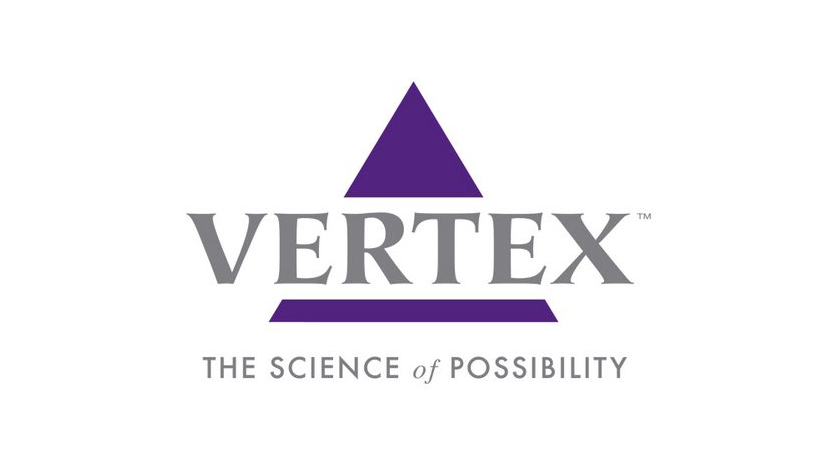Scotland's cost regulator rejects Vertex cystic fibrosis drugs

Scotland’s cost-effectiveness body has rejected regular NHS funding for Vertex’s cystic fibrosis drugs Orkambi and Symkevi because of concerns about whether their high costs justify uncertain long-term health benefits.
The Scottish Medicines Consortium’s decision came in its monthly round of drug cost-effectiveness decisions, which included a recommendation to fund Akcea’s pricey rare disease drug Tegsedi (inotersen) for adults with hereditary transthyretin amyloidosis (hATTR).
Orkambi (lumacaftor+ivacaftor) and Symkevi (tezacaftor+ivacaftor) were deemed too expensive despite an assessment that included greater involvement from patients and clinicians.
The Patient and Clinical Engagment (PACE) process is reserved for end of life and orphan and ultra-orphan medicines and is designed to give greater flexibility for companies attempting to bring this type of medicine to market.
But despite this the SMC came to the same decision as NHS England, that Orkambi is too expensive for regular funding in patients with two F508del mutations.
Symkevi works in patients with one or two such mutations, and could be used in a wider patient group, but the SMC has also nixed it.
In England, NICE’s cost-effectiveness review of Symkevi is suspended because of the ongoing row with Vertex.
David Ramsden, chief executive at the Cystic Fibrosis Trust, said: “The SMC’s advice will come as a shock to people with cystic fibrosis and their families in Scotland. While talk of further negotiation between Vertex Pharmaceuticals and the Scottish Government is positive, people living in Scotland need these life-saving drugs now. The tragic wait has to end and now is the time for the Scottish Government to remain committed and Vertex to do all they can to ensure that this chance does not slip away again.”
The SMC also used the PACE procedure to assess Tegsedi and decide to recommend funding, noting it provides an opportunity to halt or slow disease progression, potentially leading to a better quality of life.
The SMC added that AbbVie/Roche’s Venclyxto (venetoclax) can receive NHS funding after at least one previous treatment for chronic lymphocytic leukaemia.
It also said that Camurus Buvidal (buprenorphine) could be used to treat opioid dependence, when restricted to a framework of medical, social and psychological treatment in adults and adolescents aged 16 years or over.
Another drug receiving the SMC’s blessing was Almirall’s Ilumetri (tildrakizumab) for moderate to severe plaque psoriasis in adults.













